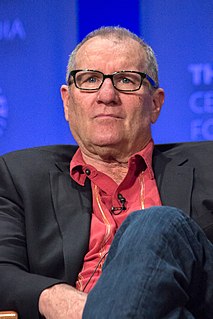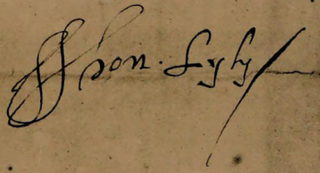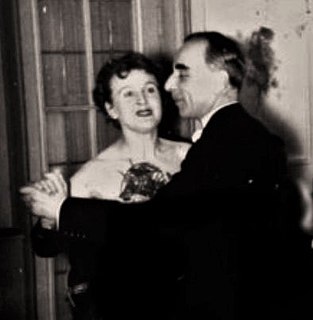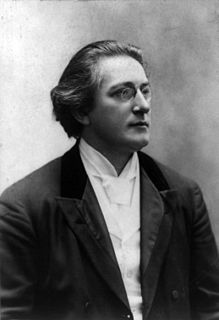A Quote by Jack Kerouac
Rather, I think one should write, as nearly as possible, as if he were the first person on earth and was humbly and sincerly putting on paper that which he saw and experienced and loved and lost; what his passing thoughts were and his sorrows and desires.
Related Quotes
That’s how Ptolemy imagined the disposition of his memories, his thoughts: they were still his, still in the range of his thinking, but they were, many and most of them, locked on the other side a closed door that he’s lost the key for. So his memory became like secrets held away from his own mind. But these secrets were noisy things; they babbled and muttered behind the door, and so if he listened closely he might catch a snatch of something he once knew well.
He was not such a special person. He loved to read very much, and also to write. He was a poet, and he exhibited me many of his poems. I remember many of them. They were silly, you could say, and about love. He was always in his room writing those things, and never with people. I used to tell him, What good is all that love doing on paper? I said, Let love write on you for a little. But he was so stubborn. Or perhaps he was only timid.
I loved the movie theater so I always saw a lot of movies. And then there was a play, I saw in the local paper, they were having auditions for a play of a book I had read. Which was One Flew Over the Cuckoo's Nest by Ken Kesey. So I said, "oh, I've read this, so I'm perfect for the part of the lead." His name is escaping me.
But how shall we excuse the supine inattention of the Pagan and philosophic world to those evidences which were presented by the hand of Omnipotence, not to their reason, but to their senses? During the age of Christ, of his apostles, and their first disciples, the doctrine which they preached was confirmed by innumerable prodigies. The lame walked, the blind saw, the sick were healed, the dead were raised, daemons were expelled, and the laws of Nature were frequently suspended for the benefit of the church.
When an archer desires to shoot his arrows successfully, he first takes great pains over his posture and aligns himself accurately with his mark. It should be the same for you who are about to shoot the head of the wicked devil. Let us be concerned first for the good order of sensations and then for the good posture of inner thoughts.'
He saw on the paper a picture of a man, white-skinned, who hung upon a crosspiece of wood. The man was without clothes except for a bit about his loins, and to all appearences he was dead, since his head drooped upon his shoulder and his eyes were closed above his bearded lips. Wang Lung looked at the pictured man in horror and with increasing interest.
His (Lenin's)humanitarianism was a very abstract passion. It embraced humanity in general but he seems to have had little love for, or even interest in, humanity in particular. He saw the people with whom he dealt, his comrades, not as individuals but as receptacles for his ideas. On that basis, and no other, they were judged. He judged man not by their moral qualities but by their views, or rather the degree to which they accepted his.







































